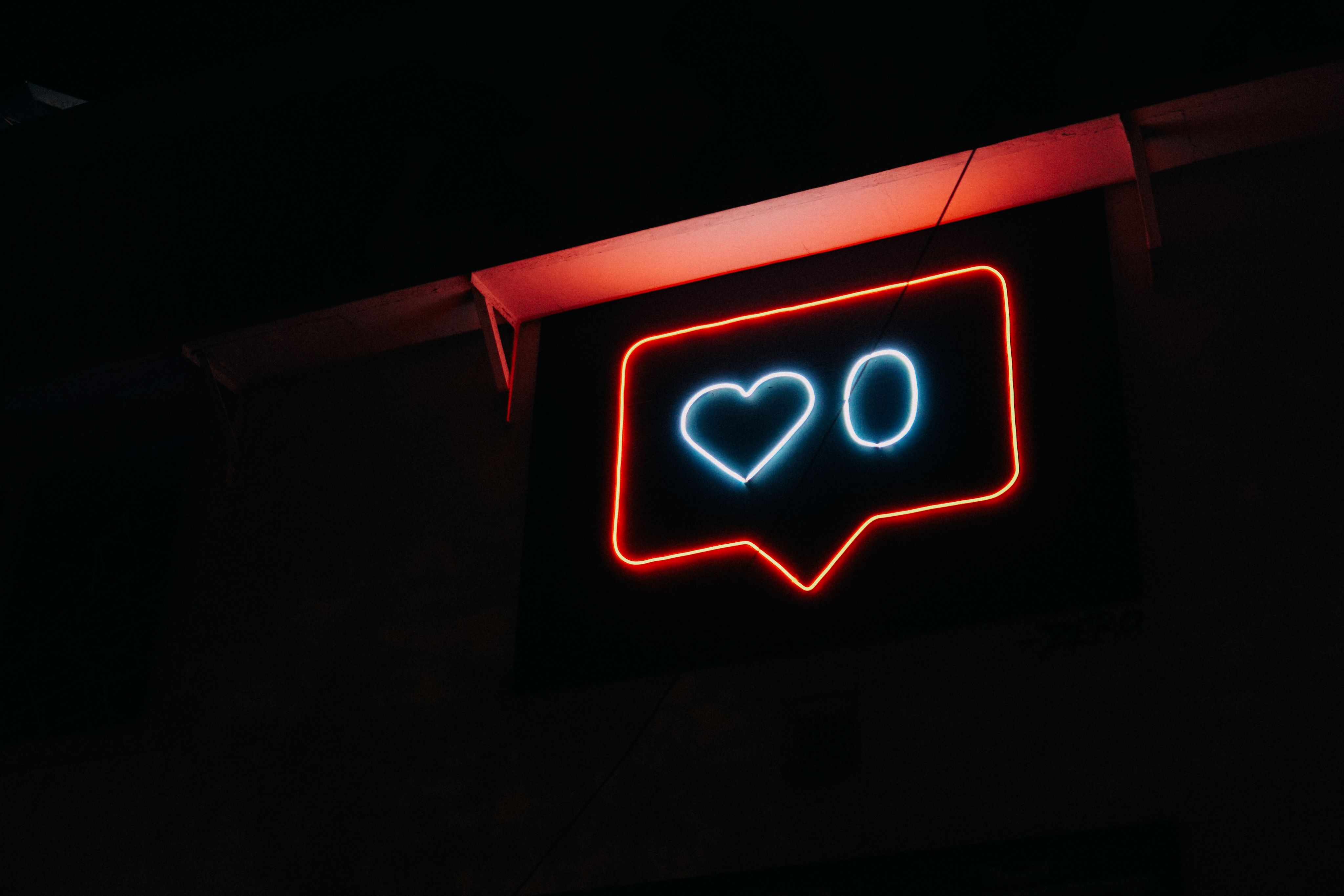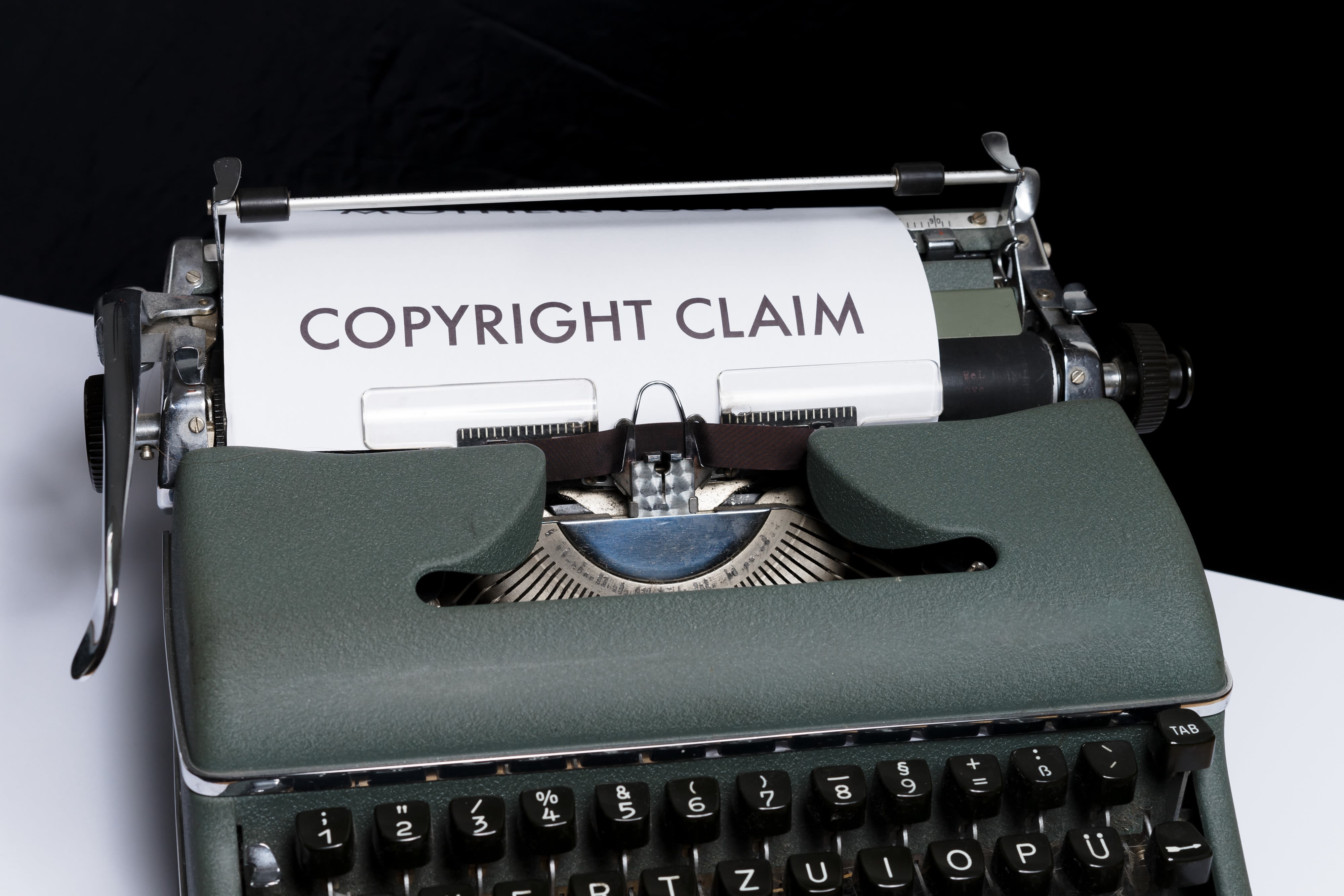What Every Gen Z Should Know About Social Media and Legal Rights

The Digital Age
Social media, the tool in the 21st century that is an integral part of the Gen Z culture and will undoubtedly continue to become a staple for centuries to come. From Instagram stories to TikTok trends, the digital space offers endless opportunities for self-expression, networking, and even career growth.
However, with great digital power comes great responsibility—and legal implications. Understanding your legal rights on social media is crucial, especially as laws and policies struggle to keep up with rapid technological advancements.

Who Owns Your Data?
The Terms of Service You Agreed To
Every social media platform has terms of service (ToS) that users must accept upon sign-up. While most users skim through or ignore them altogether, these agreements dictate how platforms handle your data. Platforms like Facebook, Instagram, and Twitter retain rights over user-generated content to a certain extent, and in some cases, they can use, store, or share your data with third parties.
Data Protection Laws and Regulations
Countries around the world have introduced data protection laws to regulate how companies handle user data. The European Union’s General Data Protection Regulation (GDPR) and the California Consumer Privacy Act (CCPA) give users rights such as access to personal data, the ability to request data deletion, and protection against unauthorized data sales. Understanding how these laws apply to you can help safeguard your privacy online.
Digital Footprint and Long-Term Consequences
Many Gen Z users post personal and professional content without considering the long-term consequences. Employers, educational institutions, and even law enforcement agencies can access your digital footprint. Deleting content does not always mean it is gone forever, as screenshots and archived pages may still exist.

Copyright and Intellectual Property on Social Media
Protecting Your Own Content
If you create original content—art, writing, videos, or music—you automatically hold copyright under most intellectual property (IP) laws. However, when posting on social media, platforms may claim a license to use your content as outlined in their terms. To protect your intellectual property, consider watermarking, registering copyrights, or using Creative Commons licensing.
Avoiding Copyright Infringement
Many social media users unknowingly infringe on copyright laws by sharing or repurposing content without permission. Using copyrighted music on TikTok or reposting images without credit can lead to copyright strikes, account bans, or even legal action. Understanding the 'fair use' doctrine and obtaining proper licensing can help you navigate these challenges.
The Legal Risks of Meme Culture
Memes often incorporate copyrighted images, videos, or music. While some may fall under fair use due to transformative elements, others can lead to copyright takedowns or lawsuits. Major companies, including Disney and Warner Bros., have pursued legal action against unauthorized use of their intellectual property in social media posts.

Defamation and Online Harassment
What Constitutes Defamation?
Social media allows people to express opinions freely, but there is a fine line between free speech and defamation. Defamation involves making false statements that harm someone’s reputation. If proven in court, defamation can lead to severe financial and reputational consequences for the offender.
Cyberbullying and Legal Consequences
Online harassment, including doxxing (publishing private information without consent), cyberstalking, and hate speech, can have serious legal implications. Many countries have implemented cyberbullying laws, and platforms have strict policies against such behavior. Victims can take legal action under harassment or cyber crime laws.
The Right to Report and Protect Yourself
Social media platforms offer reporting mechanisms for harassment and defamation. In extreme cases, legal remedies such as restraining orders, lawsuits, or law enforcement intervention can be pursued. Gen Z users should be aware of their rights and the legal actions available to protect themselves and others.
Staying Informed and Legally Conscious
Social media is a powerful tool, but legal knowledge is essential for navigating it safely and responsibly. Understanding privacy laws, intellectual property rights, and protections against harassment can help Gen Z users make informed decisions online.
As future legal professionals, law students and graduates must lead by example and advocate for digital rights in an ever-evolving online world.

